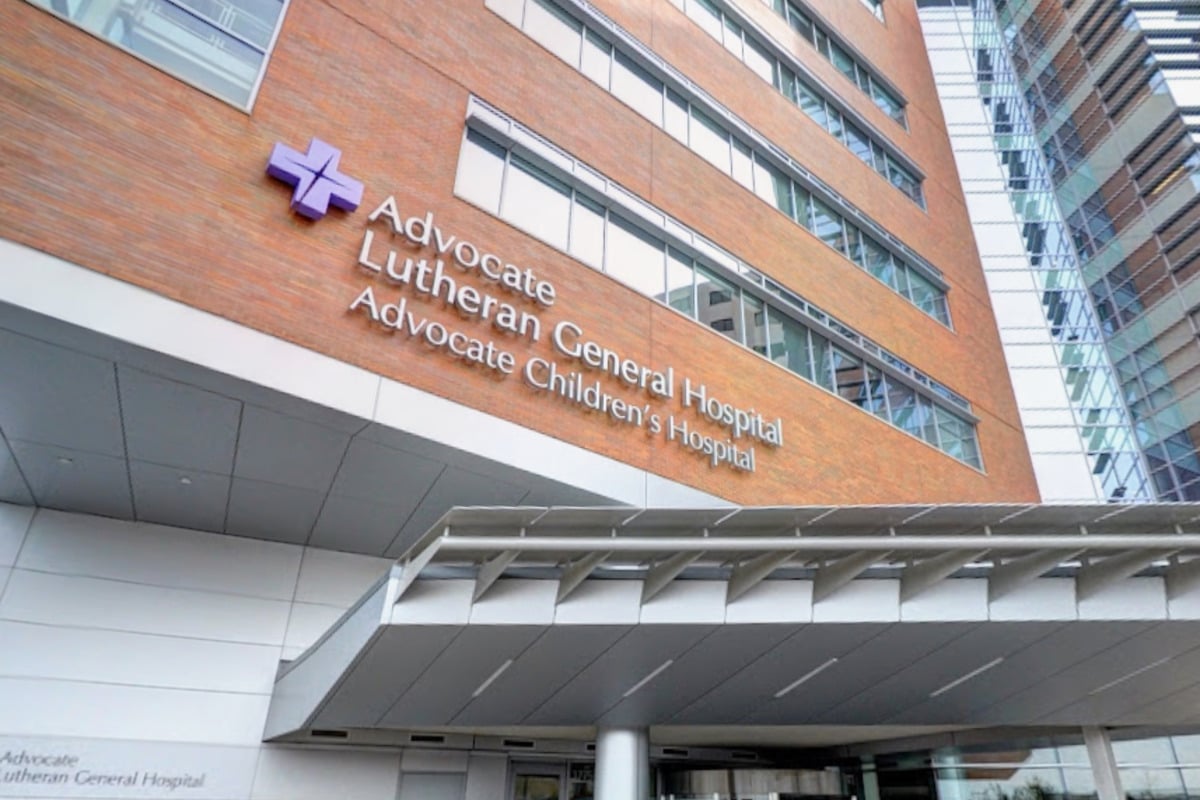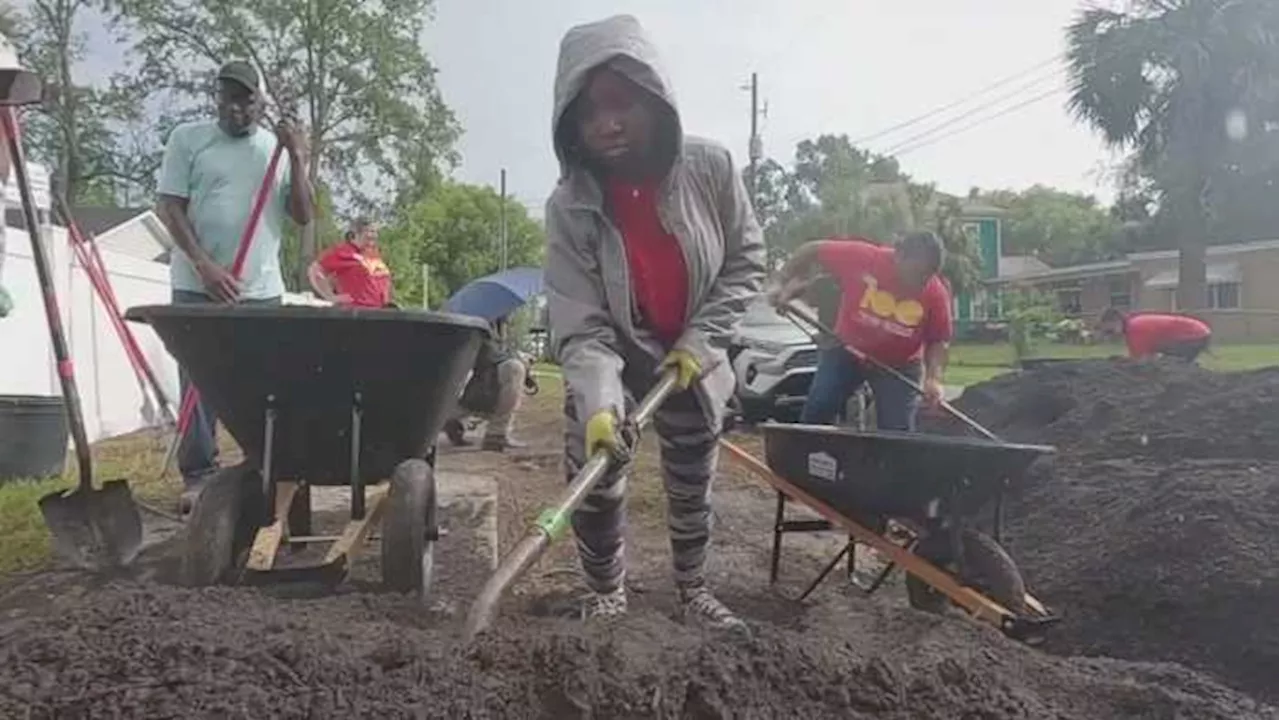
When adolescents face the challenges of anorexia, parental involvement can be crucial for recovery. Experts emphasize that parents must adopt a proactive role, offering calm strength, honesty, and unwavering love. This shift in approach can feel counterintuitive, as many parents are taught to encourage independence in their teens. However, when the grip of anorexia affects a teen’s ability to make healthy choices, intervention becomes essential.
In this context, the parent’s role transforms from fostering autonomy to providing necessary protection, structure, and connection. As recovery is pursued, it is vital for parents to remain actively engaged, leading with compassion and clarity. According to the Clinical Director of the Columbus Park Center for Eating Disorders, involvement in treatment can enhance recovery outcomes significantly.
Shifting Dynamics in Parenting
Parents often feel a sense of helplessness when their teen struggles with an eating disorder. The instinct to step back may conflict with the need to step in. Yet, when anorexia clouds a teen’s judgment, parents must prioritize safety and stability. It is not merely about control; it is about care. Engaging in open conversations and addressing uncomfortable realities can help bridge the gap between parents and teens.
Many experts suggest that even the most difficult conversations can lead to relief for the teen. By affirming that the illness is not their fault and emphasizing the seriousness of the situation, parents can create an environment of support. As one professional notes, “You didn’t choose this illness, and you’re not in trouble. We’re stepping in because this is serious, and you deserve to get well.” This message reinforces the parent’s commitment to their child’s health.
The Importance of Presence and Connection
The recovery process is strengthened by a parent’s consistent presence. Whether through a structured framework like family-based treatment or other therapeutic models, the involvement of parents is universally beneficial. Teens often respond positively to parents who show up with empathy, courage, and clarity. This approach fosters a sense of connection that can be pivotal during recovery.
Parents are encouraged to lean in rather than tiptoe around sensitive issues. Asking direct questions, maintaining open lines of communication, and offering reassurance can make a significant difference. The journey of recovery is often challenging, but it can also be rewarding as families navigate this path together.
Ultimately, the struggle for recovery can yield profound growth. By embracing their role in their teen’s recovery, parents can foster a supportive atmosphere that encourages healing and independence when the time is right. The active involvement of at least one steady adult figure can make all the difference, creating a robust support system for recovery.
In conclusion, while the dynamics of parenting during a teen’s recovery from anorexia may feel upside down, the path forward is clear. Parents who embrace their role with love and resolve help their teens reclaim their health and autonomy.






